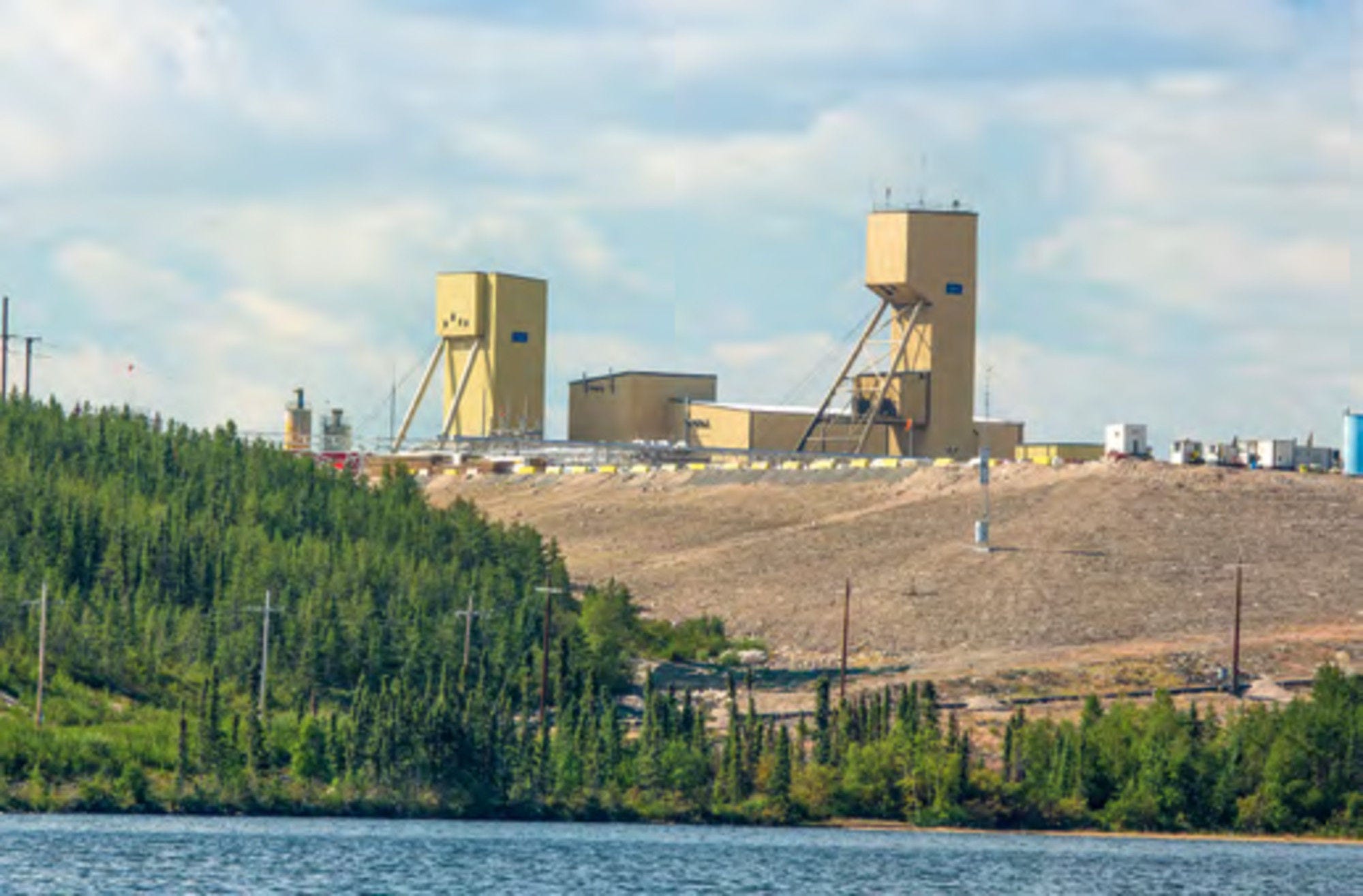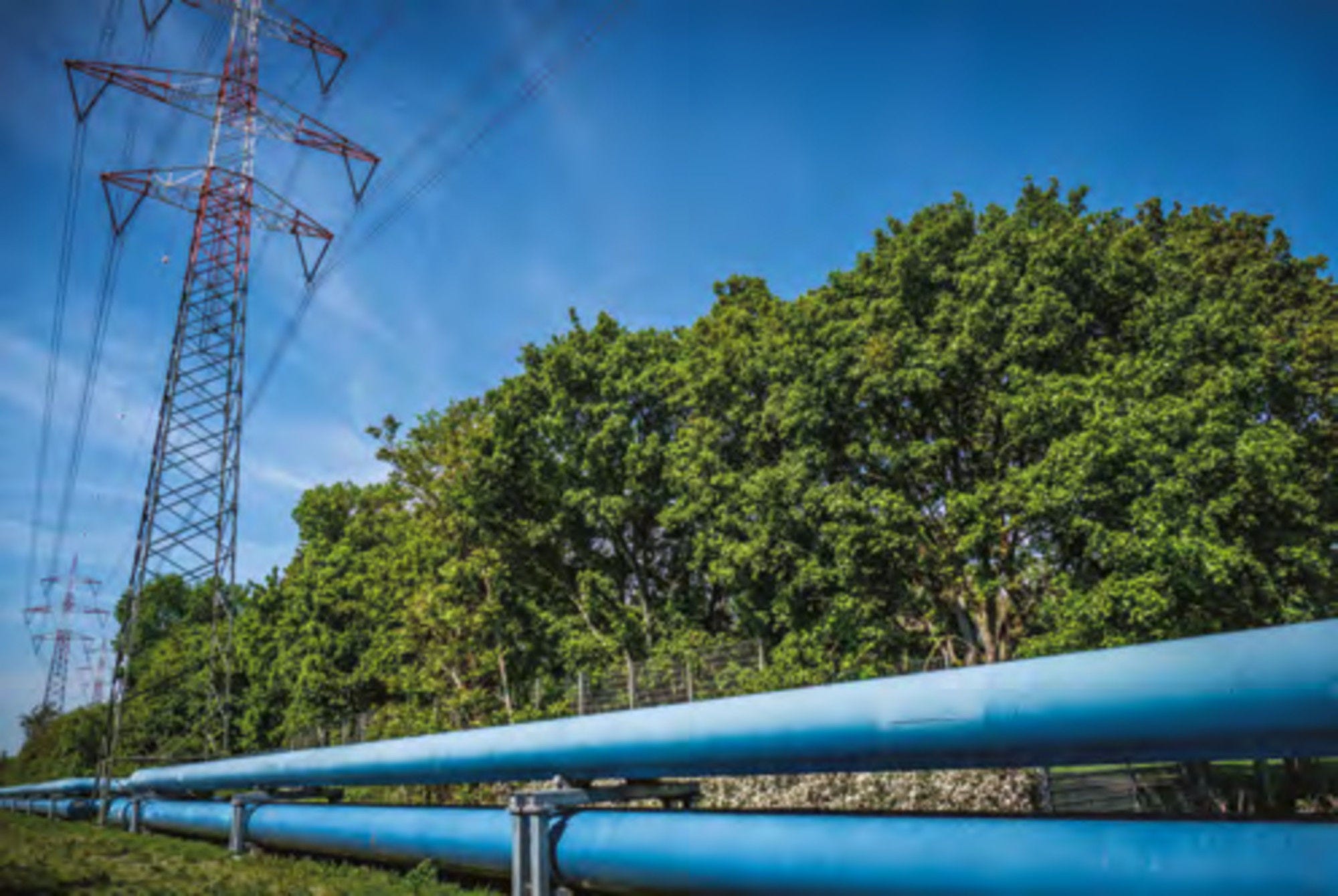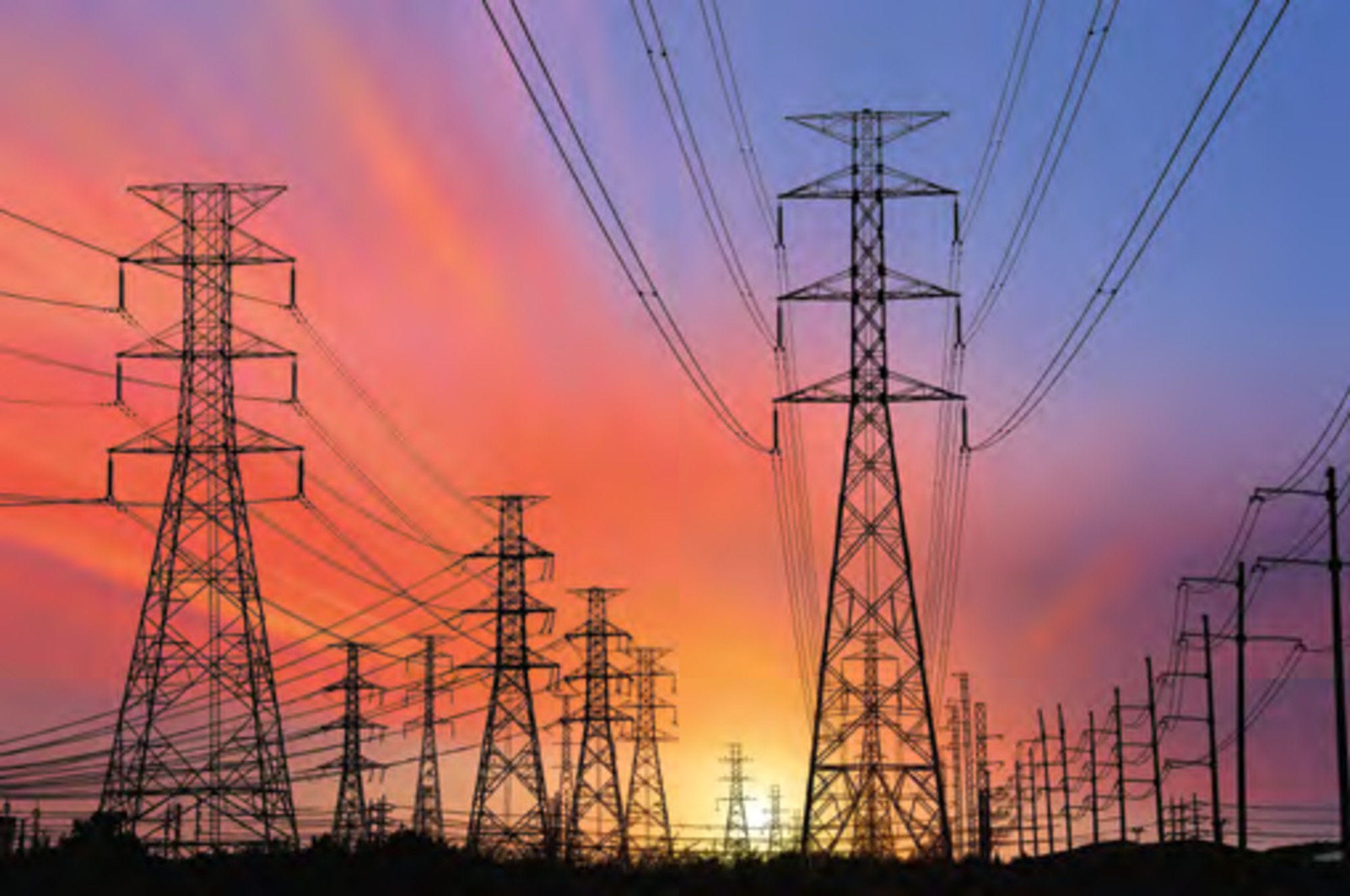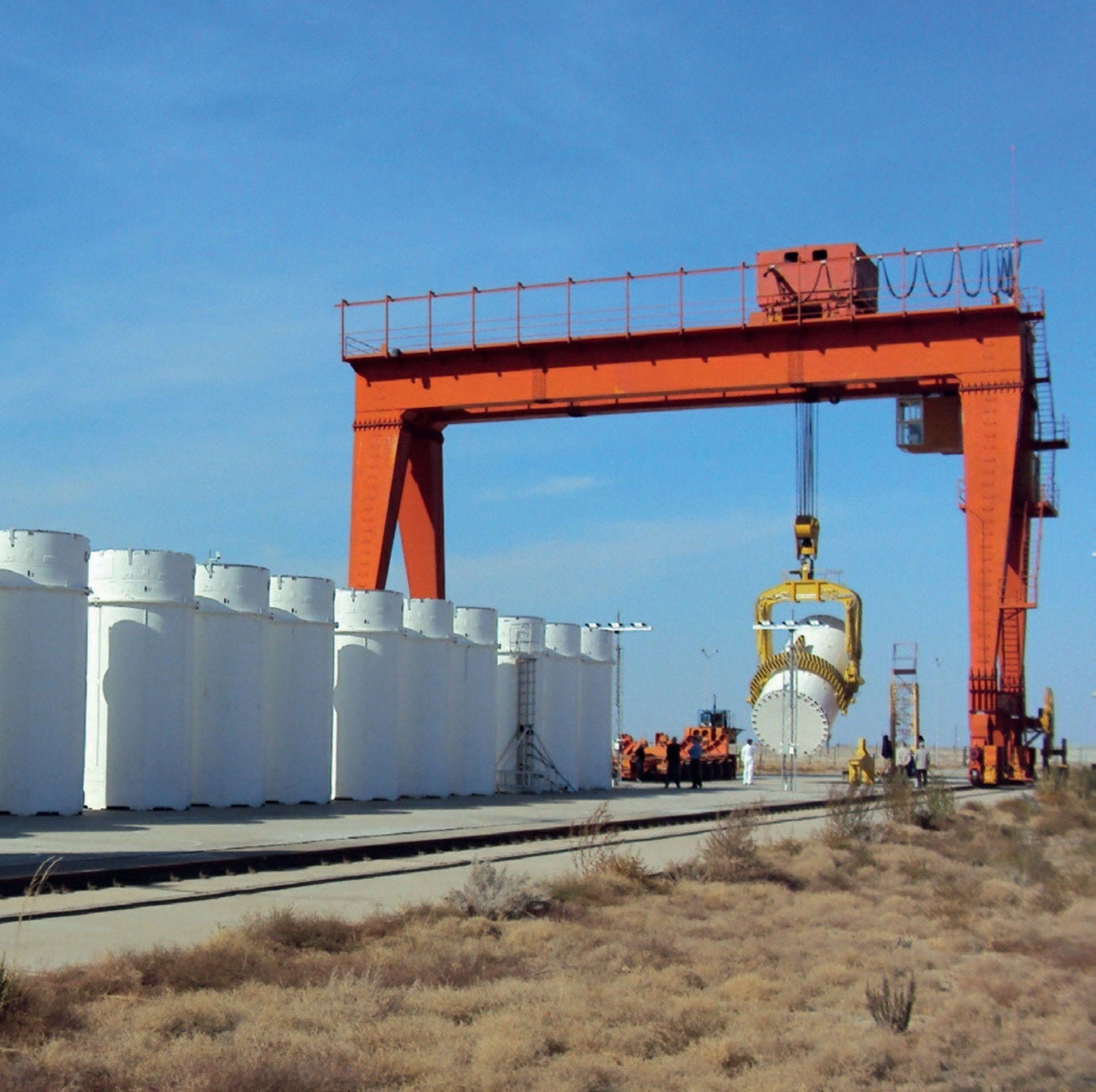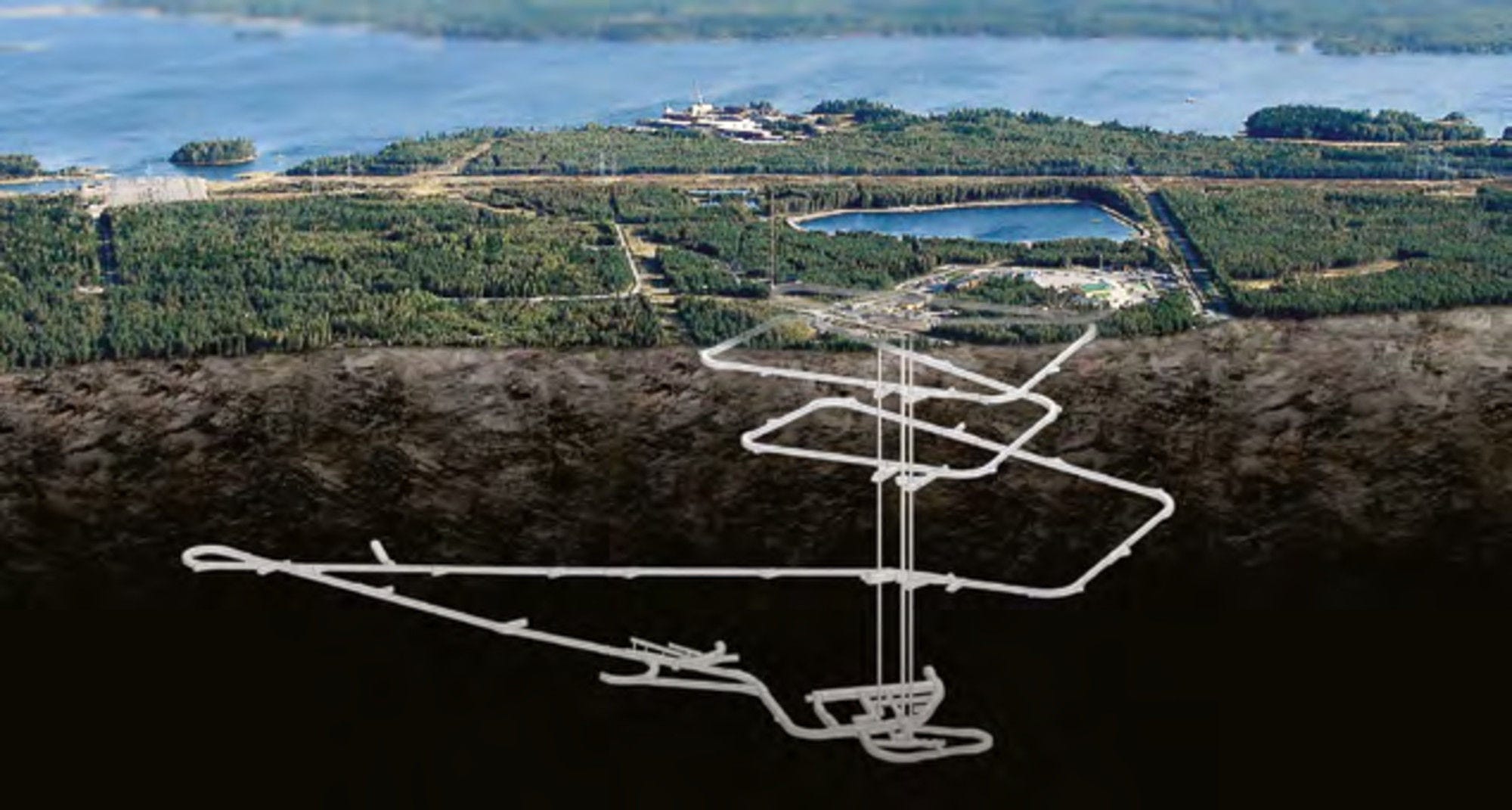The Fukushima Daiichi nuclear power plant accident has had an impact on the development of nuclear power around the world. While the accident was followed by thorough technical assessments of the safety of all operating nuclear power plants, and a general increase in safety requirements has been observed worldwide, national policy responses have been more varied. These responses have ranged from countries phasing out or accelerating decisions to phase out nuclear energy to countries reducing their reliance on nuclear power or on the contrary continuing to pursue or expand their nuclear power programmes.
This study examines changes to policies, and plans and attempts to distinguish the impact of the Fukushima Daiichi accident from other factors that have affected policymaking in relation to nuclear energy, in particular electricity market economics, financing challenges and competition from other sources (gas, coal and renewables). It also examines changes over time to long-term, quantitative country projections, which reveal interesting trends on the possible role of nuclear energy in future energy systems.

